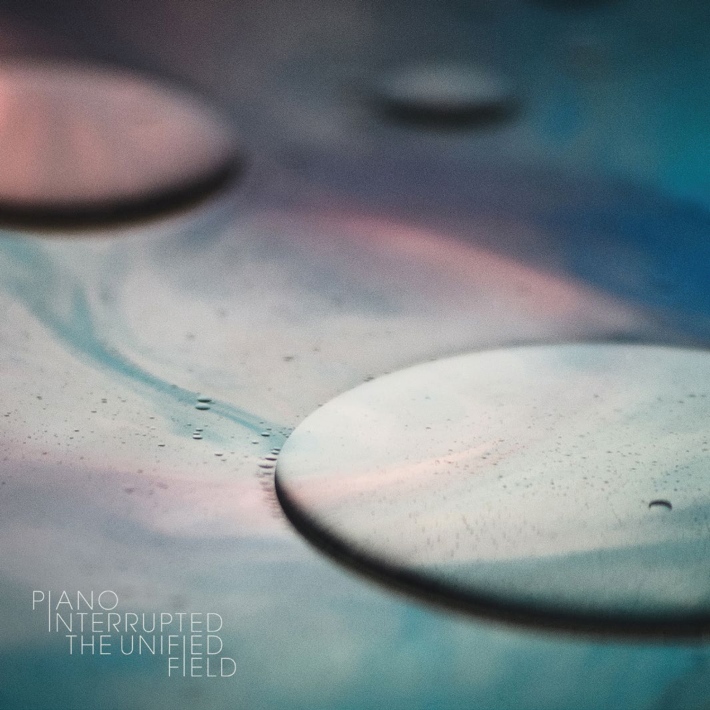-CD-2012-BF.jpg)
Klavir Toma Hodgea prestravljen komjutorima Franza Kirmanna. Od straha, klavir piša mlijeko.
www.pianointerrupted.com/
www.denovali.com/pianointerrupted/
When a label picks up a recent record for re-release, it’s helpful to add bonuses. Denovali goes all out with this version of Two by Four, initially released on Days of Being Wild, by nearly doubling the length. The vinyl / double disc collection includes a trio of previously unreleased studio tracks and three live tracks, each of the latter longer by half than its recorded predecessor.
As Piano Interrupted continues its evolution into a live band, the live tracks serve as an advertisement for the tour. The live version of “London Waltz” is the biggest surprise, as “tickytock” vocals are added to the prevailing percussive rhythms. Conversely, “Etude (Live)” removes the percussion and cuts back on the strings in order to highlight the delicate piano lines. The album also includes revisitations of previous works, a sign that Piano Interrupted’s songs are in a constant state of flux. The former duo, now a quartet, seems more interested in experimenting than creating definitive versions. On some tracks, the tinkering may end here; on others, it may have just begun. Every live band shares the same quandary: give the people what they want, or try something new and and see if they follow.
Piano Interrupted has always landed between genres, producing works that rest on the borders of jazz and modern composition, with a healthy dose of supporting electronics. The addition of cello pushes “Hobi” and “Foug” well over the fence, producing welcome echoes of artists such as Richard Skelton and Greg Haines. ”Hobi”s bass, piano and shaken percussion raise it to orchestral status, no surprise given its inclusion in the score to “Papa Hedi”, a film about Hedi Jouni, known as the “Frank Sinatra of Tunisia”. Two other tracks from that score are included here, most notably “Bulbus”, the album’s most ethnically distinguishable offering.
Many of the album’s earlier pieces lean in a jazz direction. A seven-note section of “You Don’t Love Me Yet”, found at 1:59, even sounds like Stevie Wonder’s “Don’t You Worry ‘Bout a Thing”. ”London Waltz” concludes with a lovely, understated saxophone solo. The later tracks offer more in terms of electronics, displaying what seems to be an intentional track sequencing from pensive to the pulsing. Older pieces “Occasional Blues” and “Nocturne” include memorable beat equations, a reminder of the olden days when electronics were half of the equation. Just don’t get too used to these tracks ~ you may never hear them quite this way again. - Richard Allen


Nema komentara:
Objavi komentar